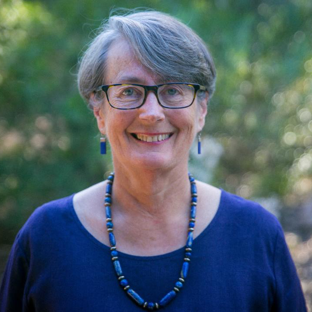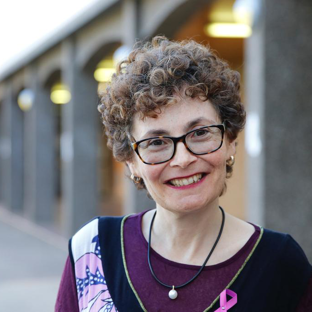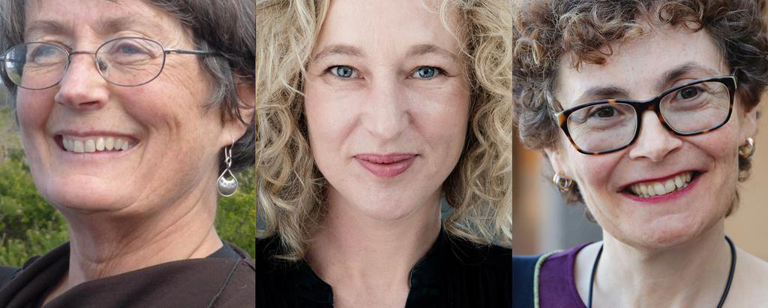In a democracy, should voting be a citizen’s right or a citizen’s duty?
Australia is one of a small number of countries – including Argentina and Egypt – with mandatory voting. Australia is rare, within this small group of nations, in imposing penalties on citizens who fail to turn up to vote. Compulsory voting has been in place here since 1924 and it sets us apart from other advanced democracies. Less than 60% of the US voting-age population cast ballots in the 2016 presidential election.
For this conversation, we’ll bring together citizenship law expert Kim Rubenstein and the eminent historian Judith Brett, author of From Secret Ballot to Democracy Sausage: How Australia Got Compulsory Voting. They’ll trace the history of our voting system and examine how it’s shaped the tenor of our debates and our sense of ourselves and our representatives. With Sally Warhaft, they’ll discuss donkey votes, ballot boxes, barbeques and the wide-ranging implications of compulsory participation.
Featuring

Sally Warhaft
Sally Warhaft is a Melbourne broadcaster, anthropologist and writer. She is the host of The Fifth Estate, the Wheeler Centre’s live series focusing on journalism, politics, media, and international relations, and The Leap ...

Judith Brett
Judith Brett is a political historian and biographer and emeritus professor of politics at La Trobe University. Among her books are Robert Menzies’ Forgotten People: Australian Liberals and the Moral Middle Class, The Enigmatic ...

Kim Rubenstein
Kim Rubenstein is a Professor in the Law School, a former Director of its Centre for International and Public law (2006-2015) and a Public Policy fellow at the Australian National University. A graduate of Melbourne and Harvard law schools, her many publications include her landmark book Australian Citizenship Law in Context (2002) with a new updated 2nd edition in 2017.
A consultant to the then Department of Immigration and Multicultural Affairs in its redrafting of the 1948 Act which became the new 2007 Australian Citizenship Act, she was also later a member of the Independent Committee appointed by the Minister for Immigration and Citizenship to review the Australian Citizenship Test in 2008. She has appeared three times in the High Court of Australia on citizenship matters.
Kim is also a regular contributor to public discussion, including in the press (opinion pieces, radio and TV interviews) around active citizenship and she appeared on ABC’s Q & A in 2017 when the Parliamentary dual citizenship ‘fiasco’ began to evolve.
Professor Rubenstein is a Fellow of the Australian Academy of Law and the Australian Academy of Social Sciences.
